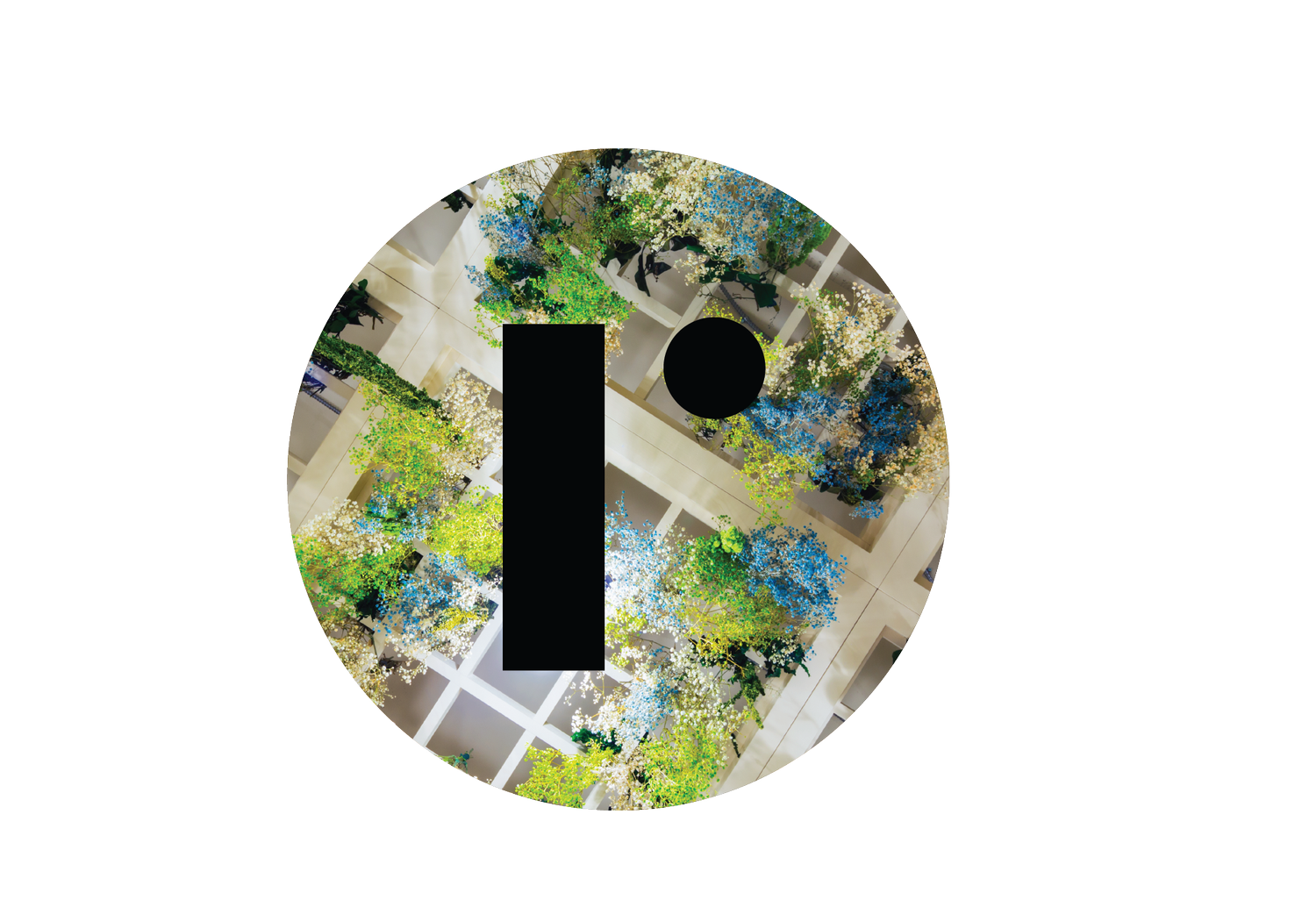Don't make it easy on them
You've been hearing me bitch enough about the lack of online privacy in this column. While it may seem at times that we are powerless about how big tech collects our data and abuse privacy, there are a number of things that we can do to protect ourselves.
While I'm not fooling myself into thinking that these measures would give anyone complete anonymity online - this would require a Kevin Mitnick level of mastery - they are good steps to take for reasonable protection from people who are only interested in monetizing your data. For people who truly want to collect intelligence on you, I don't think that there is much one can do to prevent that, provided that they have deep pockets, but I digress.
DuckDuckGo, the famed privacy-oriented search engine explains here how their business model enables them to be profitable while respecting our privacy and for that alone, they are worth supporting.
I would take it one step further and add the following prophylactic measures to your arsenal:
A VPN, which prevents sites from knowing where you are based on your IP and coincidentally allows you to watch Netflix in any country.
Privacy trackers and ad blockers.
Do as much online searching avoiding Google (use DuckDuckGo instead), and the same goes for using any Google product.
Don't use an android phone (I know, it's tough).
Use a password manager and have a different password for each account.
This should stop most of the behaviours that cross the "creepy line" and prevent most sites from looking like they're listening to you 24/7 by showing you ads of things you talked about near your phone.
Beyond that, you'll have to become a hacker and learn how to be invisible using TOR and more advanced techniques.
You may ask why one should go through this much trouble to protect oneself and that's a fair question. Not only protecting your privacy is important, in case there are data breaches that affect some of your accounts. It will make it that much more difficult for ill-intentioned people to collect and use that data at your expense, but more importantly, it also protects anyone you interact with online, including clients, whose privacy and confidentiality should be sacrosanct in my opinion.
Your data will be used against you one way or another, but that's no reason to make that job easier on people who want to do so.


